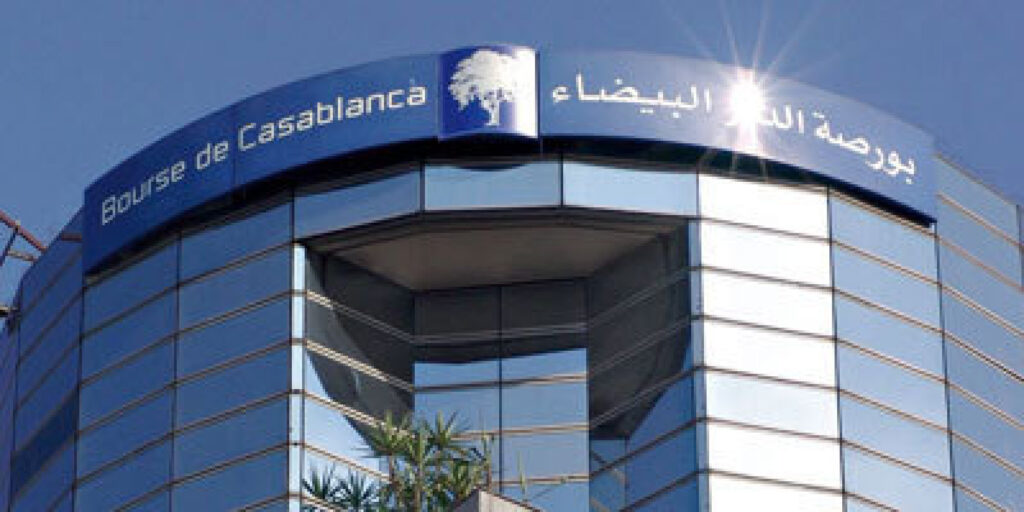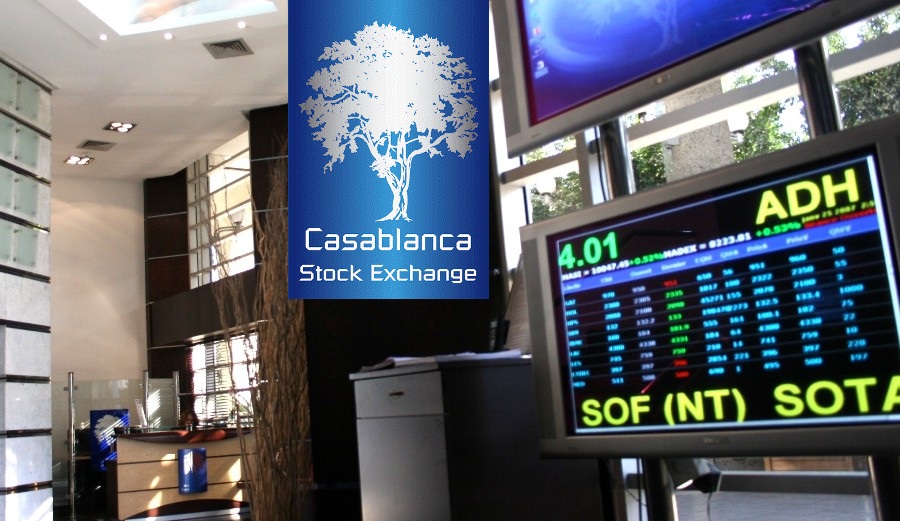As an emerging market, the Casablanca Stock Exchange plays a crucial role in the Moroccan economy. This article aims to analyze the Casablanca stock market and its effects on the overall economy of Morocco.
The Casablanca Stock Exchange, also known as Bourse de Casablanca, is the primary stock exchange in Morocco. It was established in 1929 and has since grown to become a significant player in the North African region. The stock market operates under the supervision of the Moroccan Capital Market Authority (AMMC) and provides a platform for companies to raise capital by offering shares to investors.
One of the main impacts of a thriving stock market is its ability to attract foreign investment. When the Casablanca Stock Exchange performs well, it signals to international investors that the Moroccan economy is stable and offers potential returns. This, in turn, leads to increased foreign direct investment (FDI) in the country, which brings in capital, technology, and expertise.
The influx of foreign investment not only boosts the stock market but also has a positive spillover effect on other sectors of the economy. With more capital available, companies can expand their operations, invest in research and development, and create new job opportunities. This stimulates economic growth and contributes to reducing unemployment rates.

Moreover, a well-functioning stock market provides companies with an alternative source of financing. Instead of relying solely on bank loans, companies can issue shares and raise capital from the public. This diversification of funding sources reduces the dependence on banks, making the economy more resilient to financial shocks. It also promotes transparency and corporate governance as companies need to comply with listing requirements and disclose information to the public.
The Casablanca Stock Exchange also plays a vital role in mobilizing domestic savings. By offering investment opportunities to individuals, the stock market encourages savings and investment culture among Moroccans. This helps channelize the savings towards productive investments, fostering economic development. Additionally, stock market investments provide individuals with an avenue to grow their wealth and protect against inflation.
However, it is essential to acknowledge the risks associated with the stock market. Stock prices can be volatile, and investors may experience losses if they do not carefully analyze their investment decisions. Market fluctuations can also impact consumer sentiment, leading to changes in spending patterns. Therefore, it is crucial to have robust regulatory frameworks and investor protection measures in place to ensure the stability and integrity of the stock market.
In conclusion, the Casablanca Stock Market plays a vital role in the Moroccan economy. It attracts foreign investment, stimulates economic growth, provides alternative financing options for companies, mobilizes domestic savings, and promotes a savings and investment culture among individuals. However, it is crucial to manage the associated risks and maintain a stable regulatory environment to sustain the positive impacts of the stock market on the overall economy.






 Bitcoin
Bitcoin  Tether
Tether  XRP
XRP  USDC
USDC  Dogecoin
Dogecoin  Lido Staked Ether
Lido Staked Ether  LEO Token
LEO Token